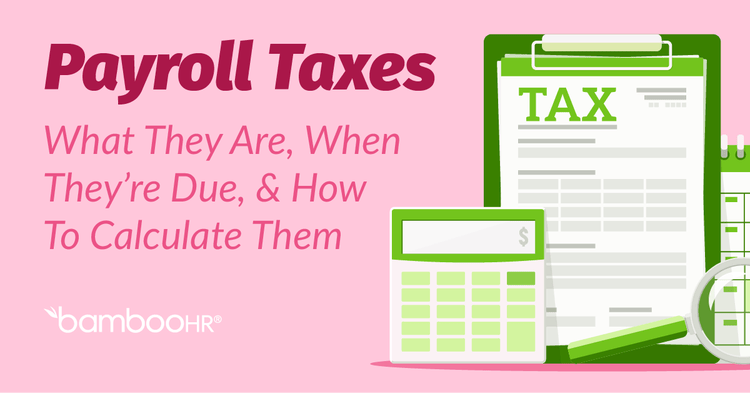What Is Earned Income Tax Credit (EITC)?
The Earned Income Tax Credit (EITC) helps individuals and families whose income is below certain federal thresholds receive additional tax benefits. Workers can receive a refundable tax credit if they earn income up to a specific threshold during the taxable year. The amount of earned income credit received and the income threshold varies based on each person’s filing status, number of children, and income for the year.
What Is Earned Income Tax Credit and How Does It Work?
The earned income tax credit was designed to help reduce the tax burden of low-income individuals and families, especially those with children. As a refundable tax credit, the EITC can either lower the amount of federal taxes owed or, if the taxpayer owes no taxes, it can be received as a refund. Taxpayers only earn the full EITC amount if their income is within a specific threshold.
The tax credit varies depending on income, filing status, and the number of children. The earned income credit also has a phase-in and phase-out tax schedule. This means individuals qualify for a percentage of the tax credit up to an inflation-adjusted threshold each year. The percentage phase-in amount varies based on the number of children the taxpayer has. It plateaus where individuals in a designated income range earn the maximum credit amount and then phases back out for higher income earners.
Here are some examples of the EITC in action:
- If Jessica has one child and earns between $10,980–$20,130, she can receive the full EITC for one child of $3,733.
- If Jessica earns less than $10,980, she qualifies for a partial earned income tax credit based on how much she makes.
- If Steven and Jessica have three children and earn between $15,410–$26,260, they qualify for the full EITC for three children ($6,935).
- If Steven and Jessica earn more than $26,260, they qualify for a partial tax credit and can receive a percentage of the tax credit.
- This percentage decreases as income rises from $26,260 to the eligibility limit of $59,187.
- If the couple earns more than $59,187, they do not qualify for the EITC.
Leave the tax filing to BambooHR
What Qualifies You For Earned Income Credit?
To qualify for the EITC, taxpayers need to do the following:
- Earn income in the taxable year
- Earn less than the specified income threshold ($57,414 in the 2022 taxable year)
- Have investment income below $10,300 in the tax year
- Have qualifying children
Other qualifications for the EITC include a valid social security number and U.S. citizenship or resident alien status. Military members, clergy, former foster children, taxpayers with no children, and taxpayers who support relatives with disabilities may also qualify for the earned income credit with special considerations.
Earned Income
The tax credit was designed to support and promote working individuals and families. To be eligible for the EITC, employees must have earned money from taxable pay (wages, tips, or commissions), disability payments, or non-taxable combat pay (if elected).
Income Threshold
The taxable income threshold varies each year, typically increasing due to inflation. It also varies based on whether an employee files taxes individually or jointly with their spouse. Taxpayers can figure out their earned income credit by doing simple calculations and following the tables and guidelines from the IRS. Here is the income table for 2022 based on the thresholds from the IRS to calculate who qualifies for the EITC:
Qualifying Children
Related dependent, adopted, or foster children must be living with the taxpayer, under age 19, or under age 24 if a full-time student for five months of the year. A permanently and totally disabled child qualifies at any age.
Full-time students must be enrolled in full-time classes at their school or working in jobs as part of their school’s official program.
No Children at Home
Individuals who don’t have children at home can still qualify for the earned income credit. They need to earn income below 22,615 dollars for the taxable year if filing jointly, or 16,480 dollars if filing individually.
Individuals receiving disability income can also qualify.
What Has Been the Impact of the EITC?
The earned income credit has a significant impact on the economy. In 2021, the average earned income credit was 2,411 dollars. Combined with other federal tax credits, the IRS estimates the EITC helped raise 9 million people out of poverty. However, an estimated 20 percent of eligible taxpayers don’t claim the credit.

Navigating all the acronyms, forms, and questions of payroll taxes can be downright intimidating. We made this guide to help you sort through it all.

Whether you’re upgrading from a manual bookkeeping process or on the lookout for a new payroll software that better meets your company’s needs, you’re in the right place.